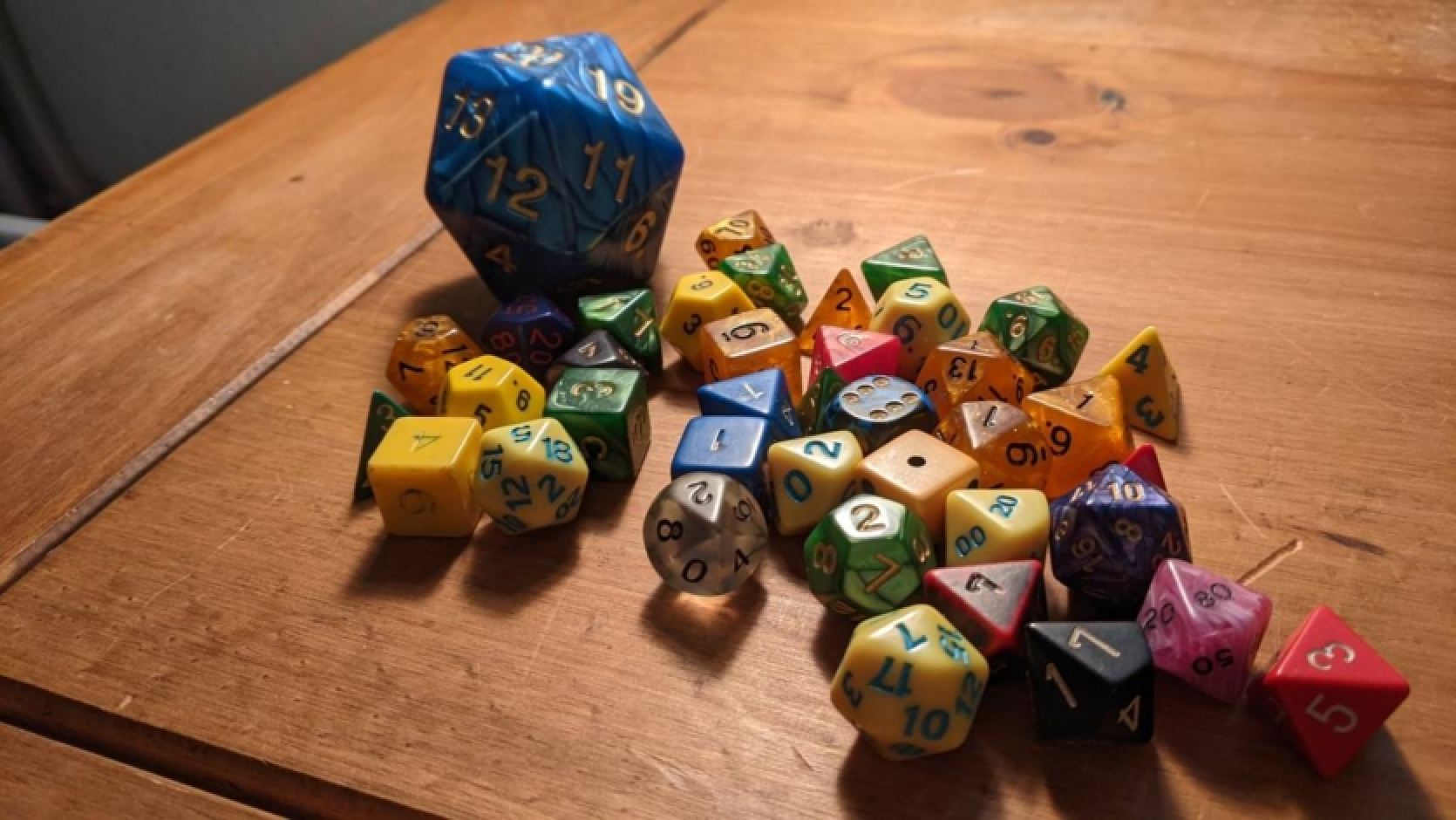0 0 2 0
In a new study, researchers discovered that playing the popular fantasy role-playing game Dungeons & Dragons (D&D) has a positive effect on the psyche of participants. Scientists from Ireland suggest using this game as a therapeutic tool in a comprehensive approach to mental health.
Dungeons & Dragons is a tabletop role-playing game where players create characters and together come up with stories in a fantasy world. The Game Master describes adventures and controls the world, while other players decide how their heroes will act. The game stimulates imagination, teaches collaboration, and problem-solving. Dice help determine the success of character actions, adding an element of randomness to the narrative.
Researchers from University College Cork examined how D&D supports the psychological well-being of players. Dr. Conor Linegan, the senior author of the study, noted: "We found that D&D brings players many benefits. Although some clinical psychologists already use role-playing games in therapy, mainly in the U.S., our research demonstrates the potential for broader implementation of such groups in Ireland and worldwide."
Study participants reported the positive influence of escapism during the game on their mental health. They felt a strong sense of control in the game, especially when they didn't have it in real life. D&D allows players to collaboratively create and populate imaginary worlds, promoting creative self-expression.
The social support that players receive provides emotional and social connections, as well as a space for free self-expression. Collective storytelling in D&D fosters a unique sense of sociability and shared experience among participants.
Researchers acknowledge the therapeutic potential of D&D but caution about possible challenges. For example, escapism may become a form of problem avoidance, and sensitive topics in the game may cause discomfort or negative reactions in some players. To reduce these risks, the therapeutic game leader should carefully select story content and create a supportive and inclusive environment.
Scientists emphasize that D&D should not replace other forms of support but should be considered as an additional therapy within a comprehensive approach to mental health. Further research is needed to study the effectiveness of the game among different population groups and in different conditions.
The study was published in the International Journal of Role-Playing.
Source: Newatlas














Comments (0)
There are no comments for now